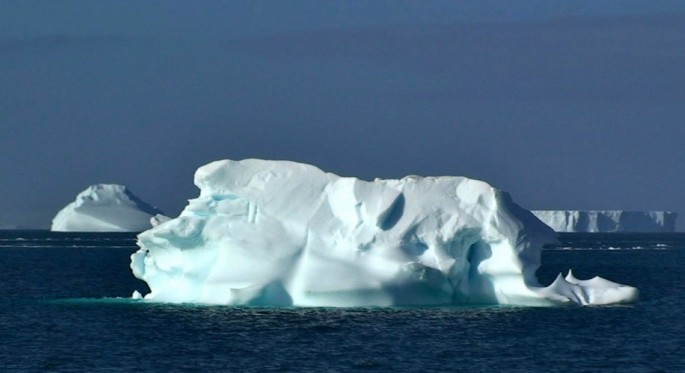Scientists believe that if all the fossil fuel reserves on Earth were to burn up at the same time, the entire Antarctic region will soon disappear.
A new study suggests that burning the remaining fossil fuel resources on Earth is enough to melt the entire southern polar region that can lead to an extreme 50 to 60 meter rise in global sea levels.
Since there are a multitude of cities that are located at sea level or nearly at sea level, this can certainly place highly populated areas at risk, with an estimated more than 1 billion people all over the world.
According to Ken Caldeira of Carnegie Mellon University, these findings suggest that if we do not want Antarctica to melt completely, then taking out fossil fuel from the ground should be stopped since humans are now dumping carbon into the atmosphere as carbon dioxide. He also adds that this study predicts that this continuous coal, oil and gas burning can also add to the risk of loss of the East Antarctic ice sheet.
Antarctica has been known to lose more ice than ever before with ice calving due to a system of complex environmental factors that includes greenhouse gas emissions that adds up to global warming in the atmosphere leading to oceanic surface warming along with the effects of additional snowfall.
According to lead author of the study Ricarda Winkelmann from the Potsdam Institute for Climate Impact Research, the team produced models based on these contributing factors where she adds that it is easier to predict that an ice cube will eventually melt in a warming room than determining how it will quickly vanish.
According to co-author of the study Anders Levermann from Potsdam University, it is also possible that the West Antarctic ice sheet may have already entered into a phase of unstoppable ice loss due to natural causes and man made greenhouse gas emissions. Cities such as Tokyo, Hong Kong, Shanghai, Hamburg and New York will become greatly affected by rising sea levels.
The team also reveals that if global temperatures do not exceed by 2 degrees Celsius, then this melting in the Antarctic can lead to sea levels rising to only a few meters to say the least.
Even if the Antractic region would remain intact for the mean time, warmer temperatures found in the East and West ice sheets can still increase the risk of irreversible Antractic ice loss. These new findings are published in the journal, Science Advances.






















